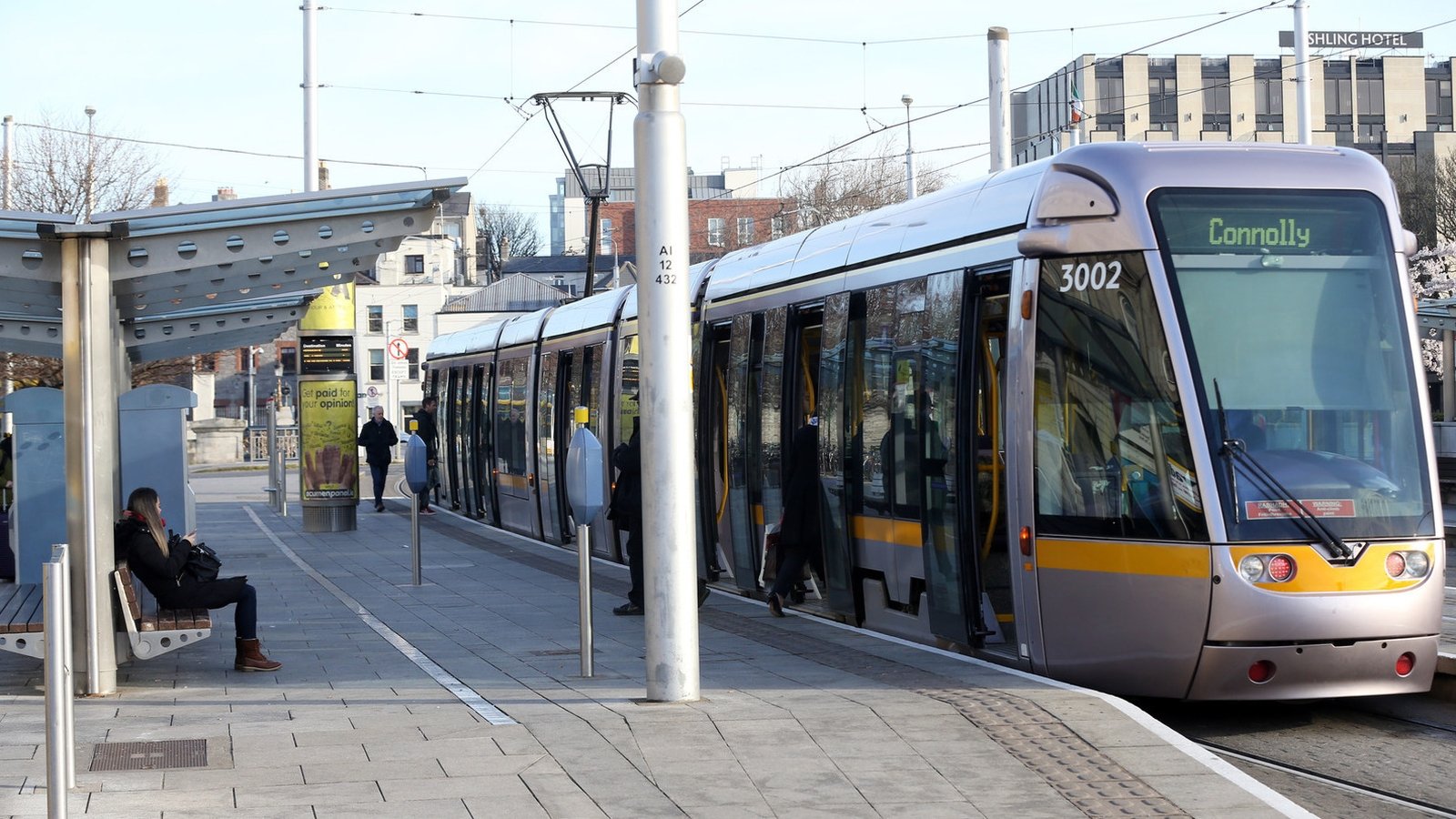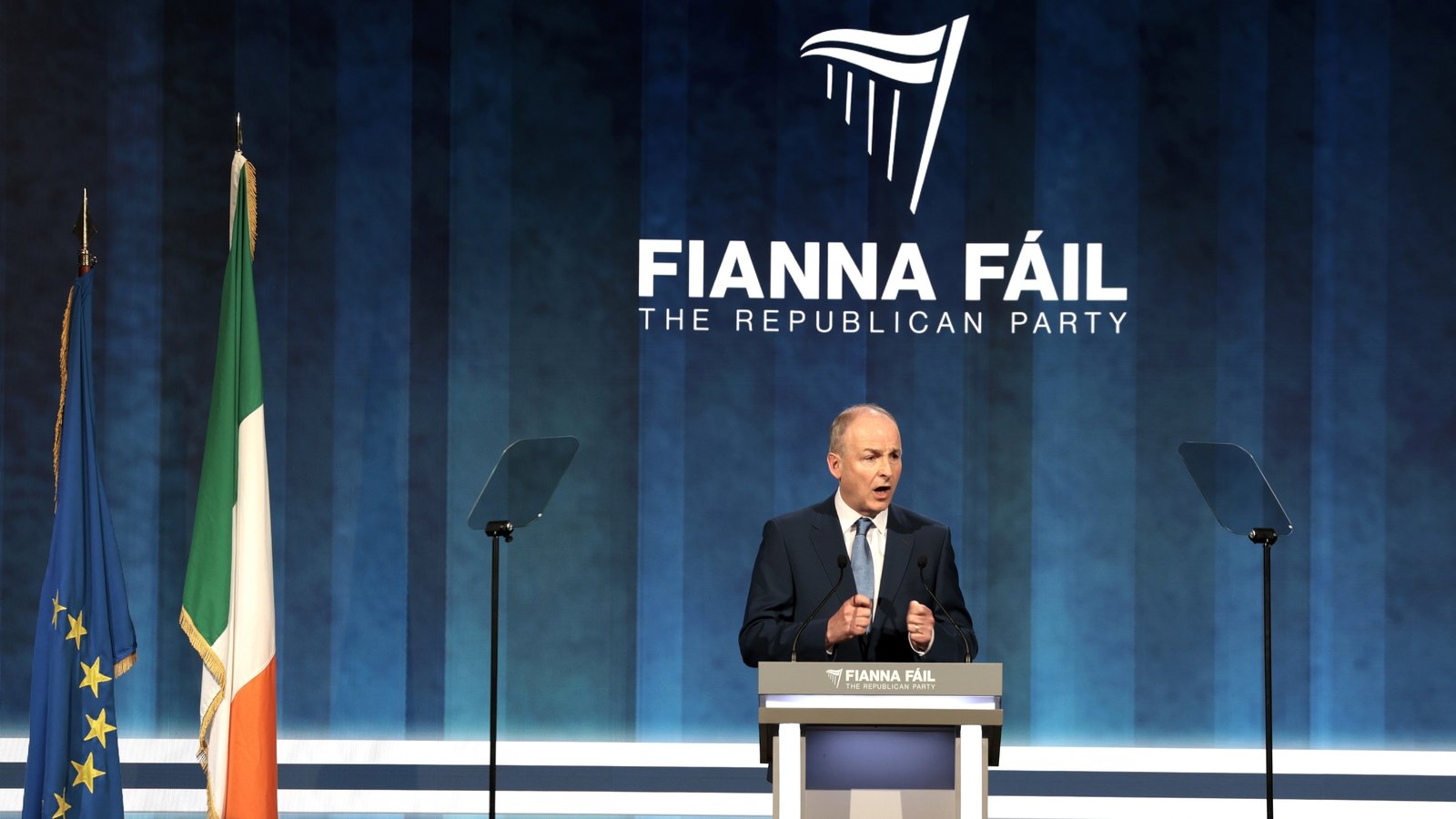Removal of Grand Canal tents a temporary fix on IP issue
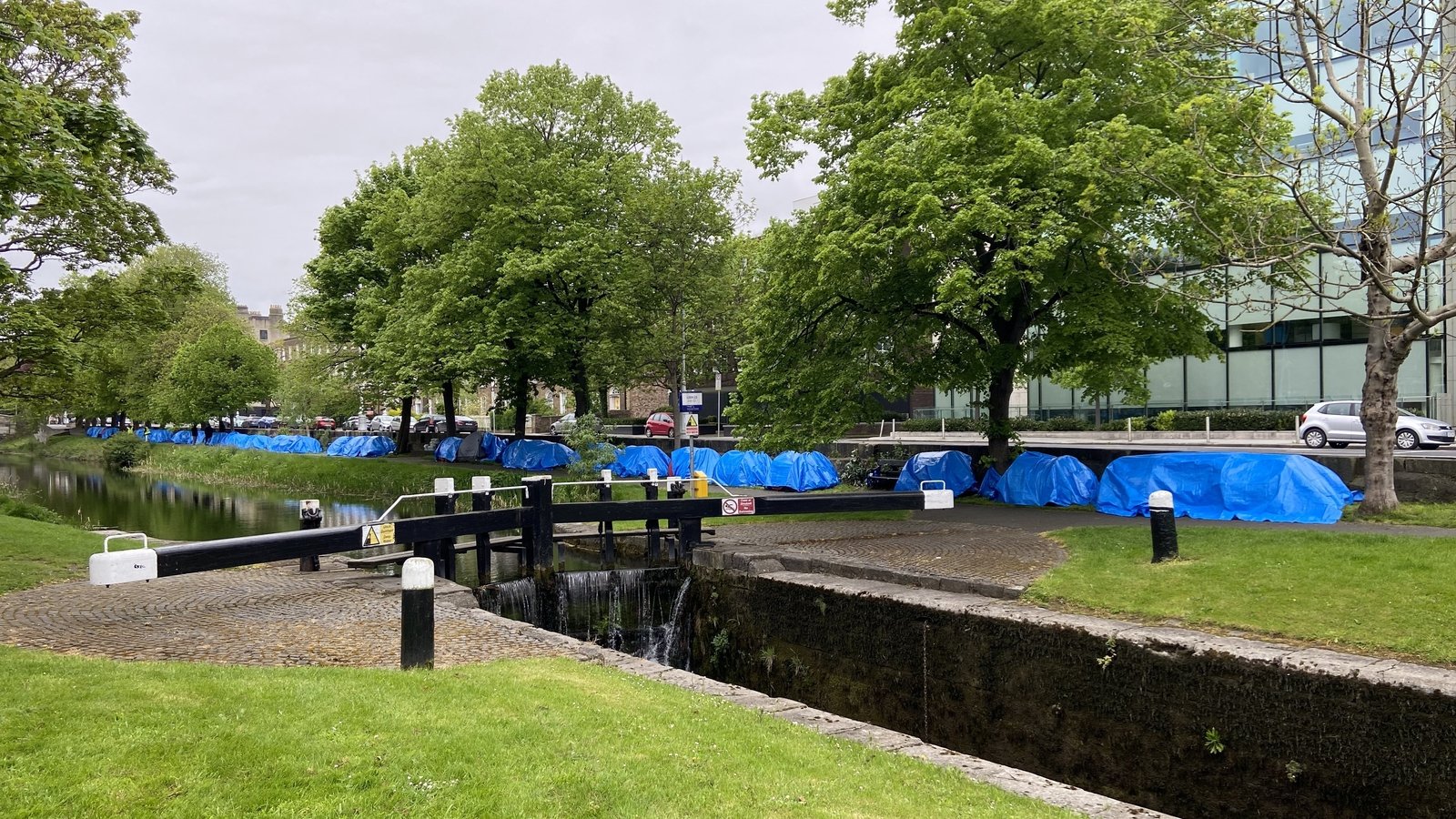
The removal of tents from the Grand Canal in Dublin is a sticking plaster on a problem that has been evident for some time.
When tents were removed from the International Protection Office last week, only to be replaced by others along the canal, the consensus was that the problem had become “visible”.
However it is worth noting that there were fewer tents on the Grand Canal than those around the International Protection Office in recent months.
Conditions in the built-up area of Mount Street were tolerated and largely hidden because much of the encampment was at the back of the building.
Like so much of our institutional history and indeed the direct provision system, they were out of sight and out of mind to the wider public.
That was until residents and businesses in the area finally said, “enough”.
With a new Taoiseach in position, the tents were removed with a declaration that “makeshift shanty towns” would not be allowed to develop again.
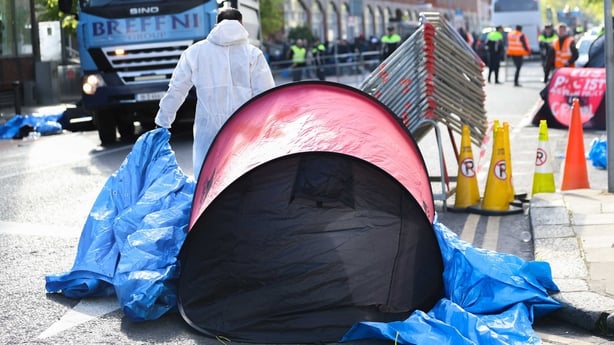
Within days, tents lined the Grand Canal, resulting in immediate pressure from residents and opposition TDs for action.
This morning, male unaccommodated asylum seekers and their tents were moved out of sight.
So, where to from here?
Despite insistence by the Government that it is implementing a tougher stance on migration, this is not a deterrence for those seeking asylum.
In the first three months of this year, the number seeking International Protection had increased by almost 4,000 compared to the same period last year.
There are several reasons for this.
It is well known that global migration is a factor and people are seeking better lives across Europe. Many are undoubtedly fleeing horrific conditions in their home countries.
When language is considered, it is evident that English and French-speaking countries are desired destinations.
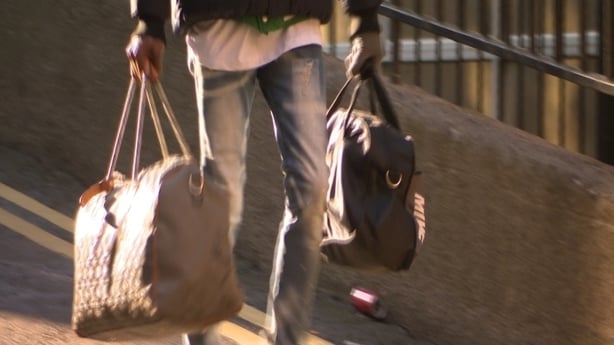
Therefore, migrants are veering towards western Europe.
Word of mouth spreads in camps enroute and human trafficking is big business behind all of this.
Despite taking a harder stance, the UK has also seen a surge in arrivals this year. However, news of its Rwanda policy has gone global.
That leaves Irish authorities up against stricter rules implemented by its nearest neighbour, which has resulted in traffickers, in particular, changing tact.
Speaking on the RTE’s News at One programme yesterday, Director of the UK Charity Asylum Matters Lou Calvey said arrivals there were presenting at ports, trying to make an initial claim, but when this is ruled as “inadmissible” they are placed in disused barracks.
With no route to status, and no light at the end of the tunnel, people often leave the asylum support mechanisms.
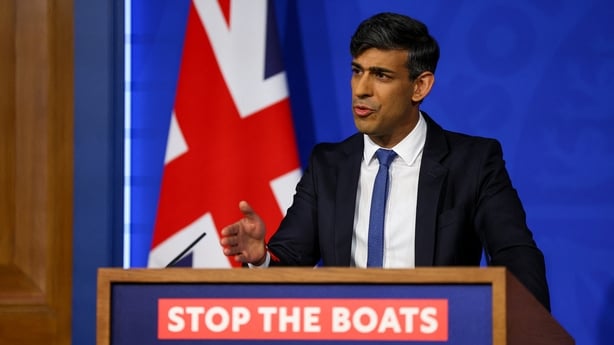
She said there was no doubt that people were remigrating by either returning to France or going to Ireland.
However she questioned the figure by Minister for Justice Helen McEntee that over 80% were travelling from the UK through Northern Ireland.
Asylum seekers in the UK receive £49.18 per week, which equates to just over €57. Women who are pregnant or with newborns receive more.
In Ireland, those seeking International Protection receive a Daily Expenses Allowance (DEA) of €38.80, which is paid weekly.
Asylum seekers without State accommodation receive a DEA of €133 per week.
Once a person has protection (refugee status or other permission to remain), they no longer have an entitlement to DEA but are entitled to apply for any social welfare payment appropriate to their circumstances, “subject to the rules of the scheme”.
Indeed, the Irish Refugee Council points out on its website that people should also be able to apply for an additional needs payment of €100 once they have their PPSN.
Most of those who end up in Ireland have undergone a gruelling journey.
As is well known by now, single male International Protection applicants have, since December, been given tents and sleeping bags by homeless outreach services.
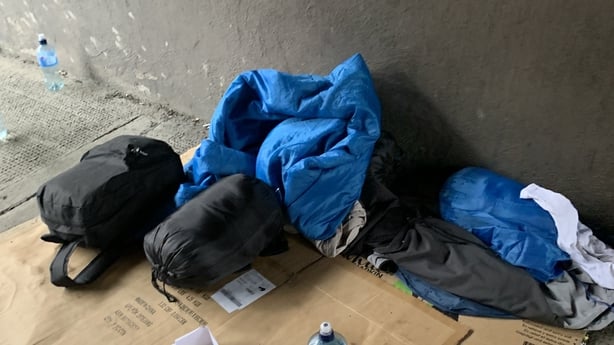
It is worth noting that those tents and sleeping bags are handed out on the direction of the International Protection Accommodation Services.
Which means, one unit of a Government department is directing that tents be provided, while the Taoiseach has said makeshift shanty towns are not acceptable.
It is expected that as each encampment is removed, another will crop up.
One could equate it to the Government trying to empty a sinking boat with a large hole in it.
Everyone on board is pointing to the Department of Integration to bail-out the water, but without immediate accommodation the problem will not be solved even if authorities source a bigger bucket.



